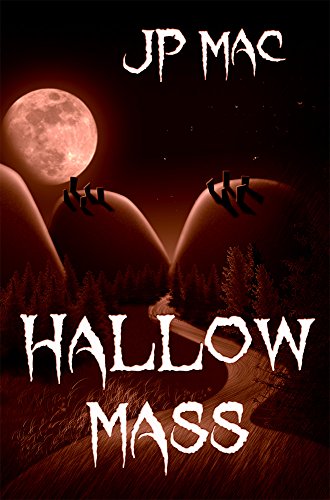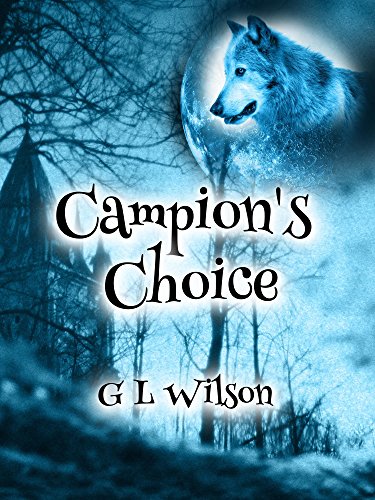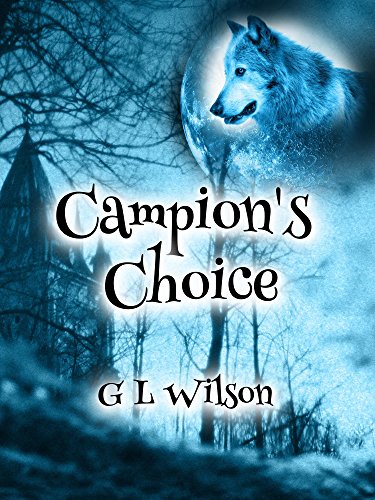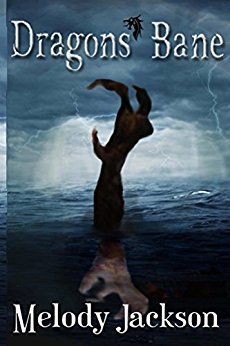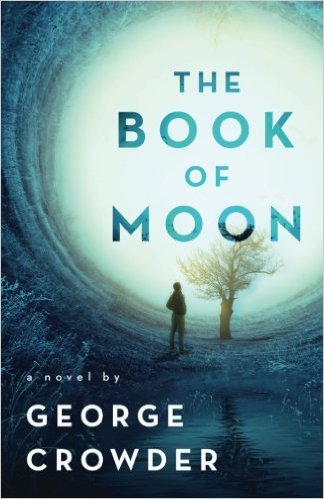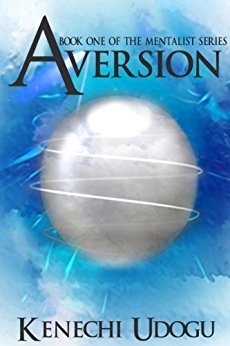
![]()
Averters prevent things from happening that would alter a person’s fate. With their mind. They have these things called ‘jolts,’ which allow them to see a crisis. From there, it’s the job to make sure they avert the crisis (see what I did there?).
Gemma Green is an Averter responsible for doing exactly that. But her first one goes wrong. Now she has to fix it.
Both the idea of the Averters and the overarching story are interesting. It’s creative. And the unravelling of the Averter mystery is well done. Everything ties together nice and neat.
It does a lot right for being a first novel. The appropriate, tantalizing amount of foreshadowing and background story. There’s a lot of information thrown at the reader in the first few pages. It’s told in first person, so it reads like a boring introduction. It’s very dry and formal. Not the best of starts for the story. Instead of drip-feeding the reader information, it’s all thrown in at once.
I’m not a huge fan of the stereotypes that followed. Gemma, of course, was the “girl that’s not like other girls.” She doesn’t like makeup or boys. Her emotions are so unavailable that she’s mean to everyone. The loner. Overused, but bearable. Then there’s the jock that can’t stop thinking about her after the Aversion goes wrong. Important to the story, but executed in a cheesy manner.
There were a lot of long, drawn out paragraphs and run-on sentences. The reader spends a lot of time in Gemma’s head. Dialogue interrupted every once in a while, and we receive a lot of good exposition in the process. Predictability was rampant throughout the exposition. Because it follows the tropes most YA novels fall into, it’s very easy to guess what’s going to happen.
I’m sad that it chose to follow the tropes that it did. Aversion holds a unique idea, weakened by following an overdone formula. Grammar and style were alright. Gemma’s tone was fitting for her character. It held that condescending note that many first person stories tend to have.
It’s still ends in a way that makes me want to read the next one. Averters are curious things. I’m interested to see where things go from here.
Buy it here!
